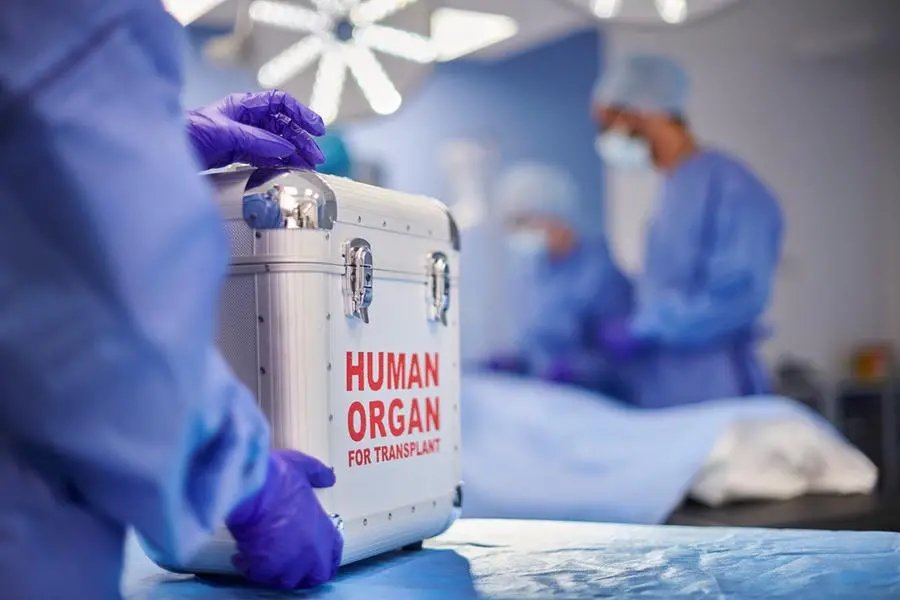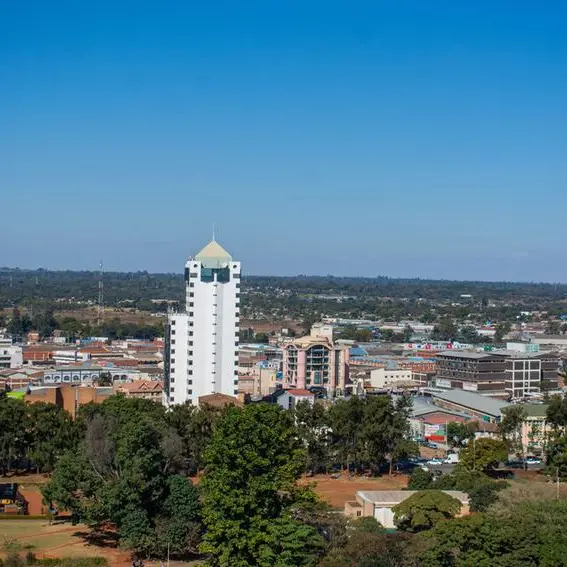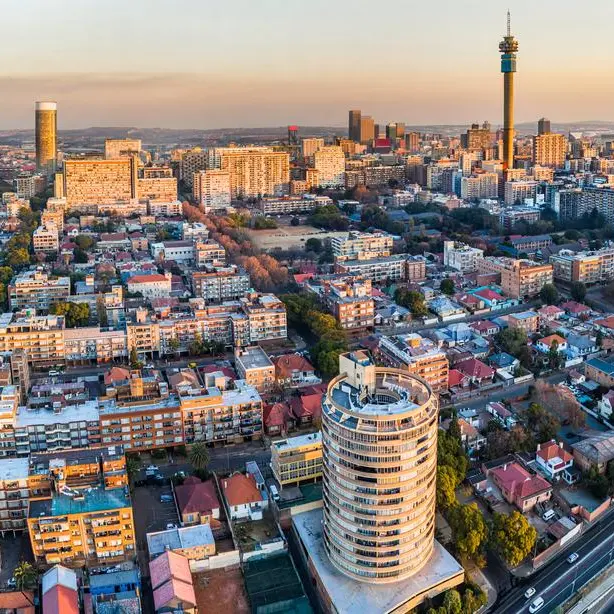PHOTO
In the holy month of Ramadan, renowned for its emphasis on charity and generosity, there is an opportunity for UAE citizens and residents to expand their efforts beyond traditional donations of food and clothing for the underprivileged.
Besides the crucial contributions such as providing meals for the disadvantaged during Ramadan, there's now an opportunity to renew focus on supporting organ donation and advocating for this life-saving practice within communities.
The UAE has been promoting organ donation, aiming not just to save the lives of individuals facing organ failure but also to strengthen the sense of unity and empathy within the community. It's worth noting that organ shortage is the most significant factor in restricting the activities of transplantation systems.
According to information on PubMed, a resource supporting the search and retrieval of biomedical and life sciences literature, many countries witness a rise in 'Donation Willingness Registries' during the holy month.
Here's everything you need to know, from registration to the UAE's religious and legal provisions on organ donation and transplant.
Is organ donation permitted in Islam?
According to Islamic Sharia, organ donation saves lives, and the fatwas of the majority of jurists indicate that the donation is permissible. Gaining insight into the diverse religious perspectives and guidelines regarding organ donations can potentially reduce religious apprehensions surrounding transplantation and bridge the disparity between organ donation demand and availability.
How do you sign up as a donor?
The National Programme for Donation and Transplantation of Human Organs and Tissue "Hayat" is a national system that enhances efforts to get more people to donate human organs and tissue in accordance with international standards and practices in this regard.
All UAE residents aged 18 and above can register for the 'Hayat' programme to express their willingness to donate organs after their death.
Willing individuals can register their interest at the Ministry of Health and Prevention (MoHAP) website (given below).
https://mohap.gov.ae/en/services/social/organ-donation
What is the organ donation process, and why is it important to inform your family?
The family of potential organ donors will be promptly contacted following their passing. Discussing your decision to donate with your family is crucial if you are willing to do so. Even if you've consented to donation, it ultimately falls to your family to honour your wishes.
Who can donate and what organs can be donated?
Anyone with an Emirates ID and meeting the age criterion can register as an organ donor. Living donors can provide a kidney or a portion of their liver to relatives up to the fourth degree of relation. Additionally, individuals who are declared brain-dead can save up to 8 lives by donating their heart, liver, kidneys, lungs, and pancreas. It is not permissible to transfer any organ or part of it unless confirmation of death is obtained from a panel comprising three specialised doctors.
How many people have benefited from the Hayat programme?
According to MoHAP, donors and recipients from more than 52 nationalities have contributed to and benefited from Hayat. By February 2024, over 25,300 individuals have registered in the programme, with at least 4,000 patients on donor waiting lists. Four hundred sixty organ transplants have been performed, including 111 since the beginning of 2023.
This programme stands as the most rapidly expanding organ donation initiative worldwide, as stated by the International Society for Organ Donation and Procurement (ISODP), with an impressive growth rate of 41.7 per cent over the past five years.
How can one withdraw from organ donation registration?
An individual can decline organ donation by completing an application form and submitting it to the MoHAP office.
Can anyone donate for money?
There is no compensation for organ donation, as UAE law criminalises human organ trafficking. Penalties have been established for individuals found violating this law.
The UAE government warns the public to avoid illegal and unauthorised organ transplants. The following are the licenced facilities for organ transplantation in the UAE:
- Cleveland Clinic Hospital
- Sheikh Khalifa Medical City (SKMC)
- King's College Hospital London - Dubai
- Dubai Hospital - Dubai
- Mediclinic Hospital - Dubai
- Al Jalila Specialist Hospital for Children
- Al Qassimi Hospital
- Burjeel Hospital
Copyright © 2022 Khaleej Times. All Rights Reserved. Provided by SyndiGate Media Inc. (Syndigate.info).





















